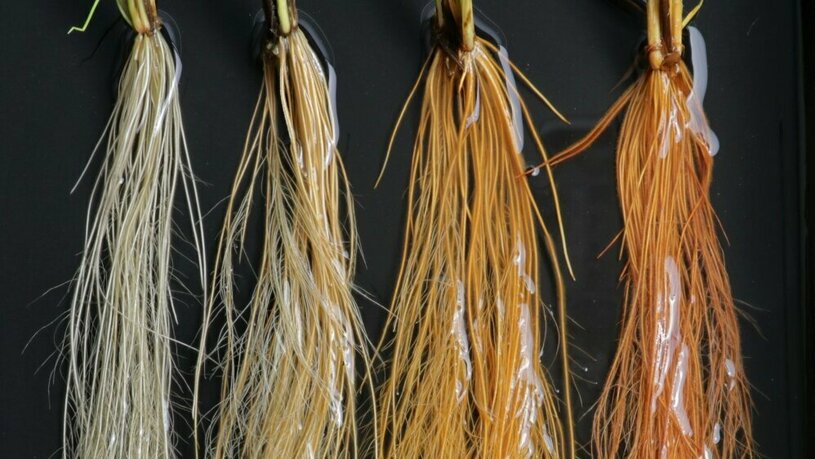Root iron plaques in flooded soils

The overarching aim of projectis to provide novel insights into the involvement of root iron plaques as hotspots of iron, phosphorous and organic carbon cycling in wetland ecosystems and the consequent implications on plaque functions in the rhizosphere and root detritusphere. This will be achieved by integrating the effects of abiotic stress (i.e. phosphorous deficiency) on root growth and traits, and edaphic factors (i.e. dissolved organic matter quantity and quality), with the spatial and temporal changes in the chemical, mineralogical and structural properties of the plaques at the root-soil interface.
Furthermore, these effects will be linked with specific plaque-related functions in the rhizosphere (i.e. phosphorous availability for plant uptake, iron cycling etc.) and root detritusphere (i.e. organic matter turnover and stabilisation).
The focus will be mainly on rice (Oryza sativa L.), a model wetland plant for its global relevance with respect to food production and environmental implications, as well as for the extensive background knowledge of soil and plant processes occurring in the paddy rhizosphere.
The research programme will be organised in collaboration with researchers from two other research units, the Universities of Turin (IT) and Bari (IT).
